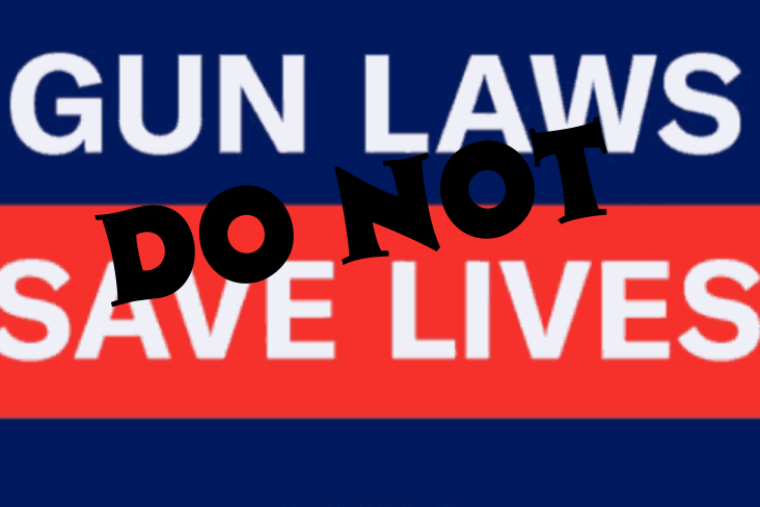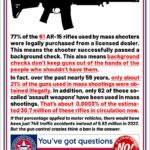The tragic shooting at Florida State University (FSU) serves as a stark reminder that laws designed to restrict guns and control access to firearms do not stop individuals with evil intentions. Despite the presence of Florida’s Red Flag law, gun-free zones, and an increased minimum age for firearm purchases, a determined criminal was still able to carry out the attack. This raises serious questions about the real effectiveness of these laws and highlights a critical issue: these measures don’t work to prevent violence.
The Flawed Logic Behind Gun Control Measures
Florida’s gun control measures, which include the Red Flag law, gun-free zones, and age restrictions, are widely touted as solutions to gun violence. However, these laws ultimately fail to address the core issue: criminal intent.
The Red Flag law, for instance, allows for the confiscation of firearms from individuals deemed a threat, but it bypasses due process and violates constitutional rights. It strips away a person’s Second Amendment rights without a fair trial, punishing law-abiding citizens without due legal procedure.
Meanwhile, the minimum age for purchasing firearms was raised to 21 in Florida, but this measure does little to stop someone determined to cause harm. If an individual has the intent to carry out violence, they will find a way to get a weapon, regardless of age restrictions. The FSU shooting is proof of this failure—an individual under the legal age to purchase firearms still managed to obtain them and brought them into a gun-free zone, where the lack of armed resistance left students vulnerable.
Pam Bondi’s Role in Supporting Gun Control Measures
Pam Bondi, the current U.S. Attorney General and former Florida Attorney General, played a significant role in supporting gun control measures in Florida. During her tenure as AG, Bondi favored the implementation of Red Flag laws and the raising of the minimum age for firearm purchases—two key components of Florida’s gun control framework. While these laws were presented as necessary steps to prevent gun violence, the FSU shooting underscores their failure to address the real issue: they don’t stop individuals with malicious intent from obtaining weapons and carrying out violence.
Gun-Free Zones: A Dangerous Illusion of Safety
Gun-free zones, like the ones at FSU, are essentially an invitation for violence. When criminals know that their targets are likely to be unarmed, they are more likely to strike. These zones disarm law-abiding citizens, leaving them defenseless and vulnerable to attack. The idea that a sign or policy can prevent someone from committing violence is naive at best.
These policies ultimately serve to protect the perpetrator, who knows that they will face little to no immediate resistance. The concept of a gun-free zone is flawed because it creates an environment where violence is less likely to be stopped before it’s too late.
By Doris Wise, Jews Can Shoot



